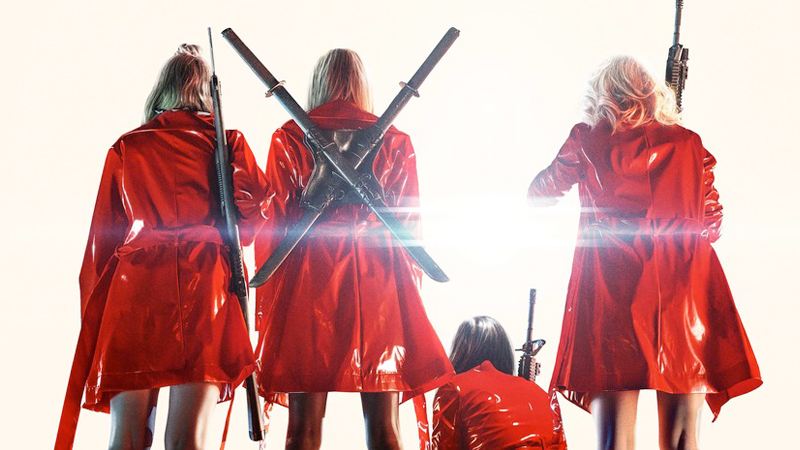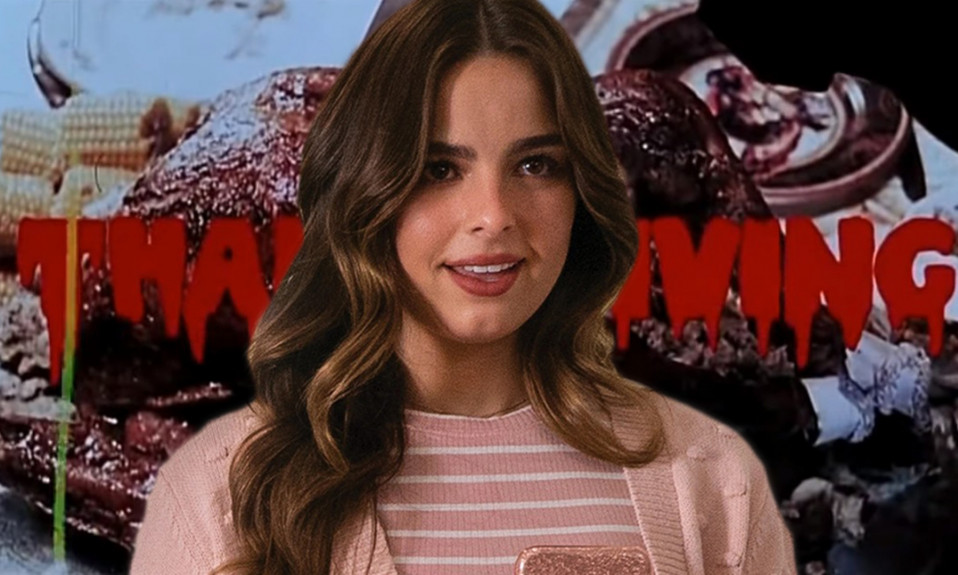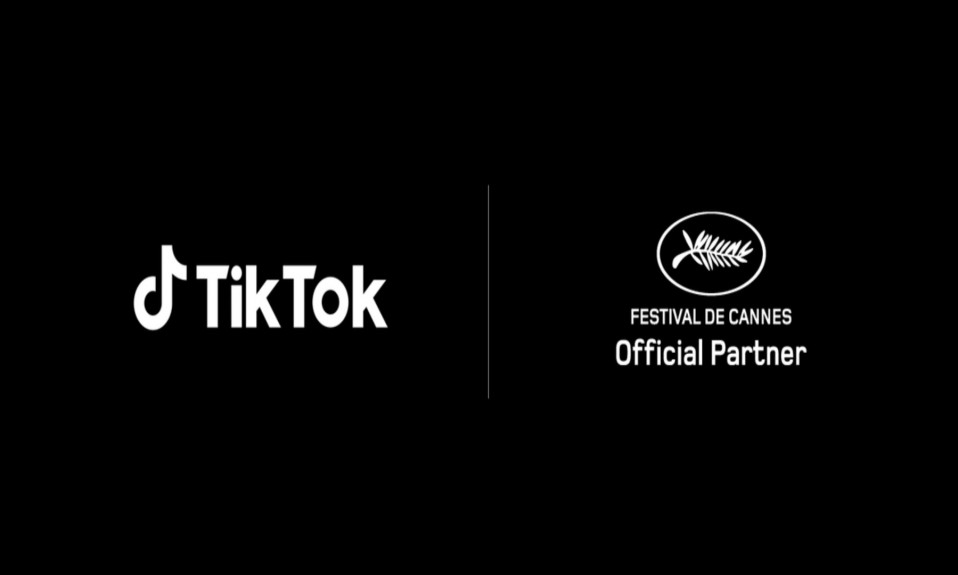The Internet is constantly taking over more and more of the world as seemingly anything can be improved by a WiFi connection. We watch television through Netflix, buy things through Amazon and google every passing thought or question that goes through our mind. As with any new technology, Hollywood was eager to pounce on the Internet for ideas.
What Could Computers Do?
The Internet and computer networks have been featured in films since the 1980s examining the possibilities of what “hackers” could do from accidentally leading to nuclear war in Wargames to even more sinister – changing your attendance record at school in Ferris Bueller’s Day Off. It is fair to say Hollywood has an odd relationship with the Internet and that’s not surprising – illegally downloading films was supposedly going to destroy the industry while Netflix almost single-handedly wiped out Blockbuster Video.
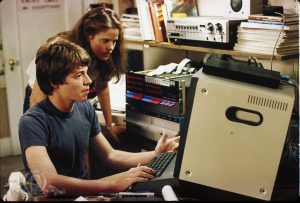
Online Secrets
Assassination Nation is a recent release that deals with the Internet and social media, and without these, there would be no plot. In this film, a hacker plans to upload all of the messages sent by everyone in the town so secret conversations, insults, gossip will all come out. Judging from the trailer, the whole town collapses into violent anarchy very quickly.
Technology and Storytelling
The new technology computers and the Internet have made possible hasn’t always benefited storytelling. Mobile phones would have ruined the plots of hundreds of films and so often now there is an exposition explaining how it’s a bad reception area. Hacking into secure government files seems child’s play for any teenager with a computer, replacing any interesting and complicated break-in. Tracking someone down was once the territory of hard-bitten private detectives but social media has made it easy to find virtually anyone.
The First Glimpses of the Internet
1995’s The Net was one of the first major films to deal with the Internet and created a terrible world of secret online organisations controlling the world and, if necessary, acting against you. Sandra Bullock stars as a computer programmer and shut-in Angela Bennett, a woman with very few friends or family, who falls foul of a sinister online organisation. They swap her identity with that of convicted criminal Ruth Marx and kill her ex-husband by deleting his allergies from his medical records and pretty much ruin her life. It’s interesting that identity theft has now become an extremely commonplace crime, although not quite how they imagined it. Far scarier these days is not that someone accesses your bank account, that’s just money, but someone accessing your social media and email, that’s your soul. The Net seems laughably clueless now and I think at the time people who knew about the Internet thought it was as well.
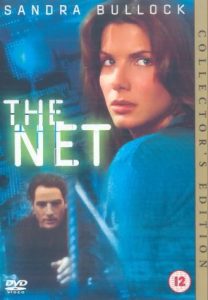
The Good and the Bad
The Social Network is one of my favourite films and I’m still angry that it didn’t win Best Picture at the Oscars. This is a film with a far better grasp of the Internet, social media and computers as, if nothing else, Facebook co-creator Eduardo Saverin was consulted for the book the film was based on. The Social Network talks about algorithms for god’s sake. As films about the Internet go The Social Network is broadly positive – yes, a close friendship is destroyed and most of the characters are thoroughly unlikable but there’s no Black Mirror-style horror. It’s not surprising that most Internet films are about the potential dangers; films need to be dramatic so there’s no film about how awesome Facetime is for connecting with friends abroad, in the same way, there are no films about genetic modification fixing hunger, it’s all murderous mutant hybrids. The Social Network portrays Facebook as largely a good thing, even if the origins of Facebook involve hacking, theft and some pretty mean stuff around rating the looks of women. It would be interesting to see how Aaron Sorkin (writer) and David Fincher (director) would handle making the film now after Facebook’s recent problems.
Ingrid Goes West is a film showing a very dark side of social media. It stars Aubrey Plaza as a young woman who becomes dangerously obsessed with people via their social media (the film’s title is what she names her Instagram account when she moves to Los Angeles). The film feels very current as if social media is in the news it is usually negative – it’s bullying, it’s stalking, it’s catfishing. Ingrid carefully culls her victim’s social media to find out where she shops, where she eats, what things she likes and very quickly her actions escalate beyond simply following someone online. Not to give too much away but unsurprisingly it doesn’t go terribly well for any of those concerned.
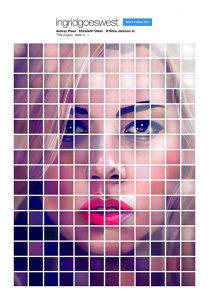
Horror has quickly embraced the darker elements of the Internet. Unfriended is a supernatural horror film viewed entirely as if viewing a computer screen in a twist on found footage films. So you see Skype windows, instant messaging, Facebook updates almost making social media the “setting” of the film. Another recent horror/thriller Cam looks at another often dark side of the Internet – pornography. The film follows “camgirl” Alice who is trying to put on ever more inventive and exciting shows for her viewers when suddenly her identity is stolen: someone has hacked her account and is streaming new videos of her but videos she never made. As well as being a chilling identity theft thriller it also shows some of the real-life impact of working as a camgirl – how devastating it can be if people find out about her career, how viewers profess their adoration but then treat her as less than a person, how getting help is much harder for her because of the way the profession is seen.
What Next?
In many ways, Hollywood still seems to be learning how to use the Internet effectively in stories but given it’s increasing importance it does feature more and more all the time. Unsurprisingly it’s younger filmmakers who have grown up it that are leading the way.


